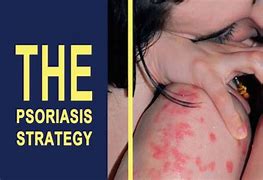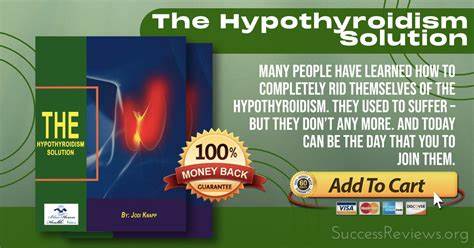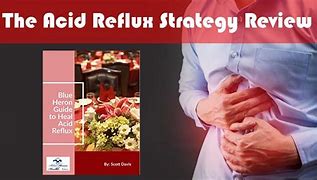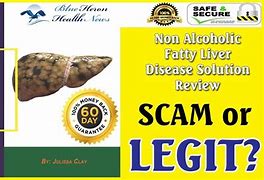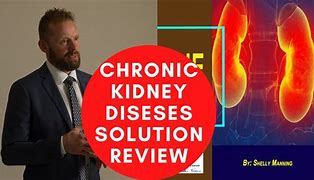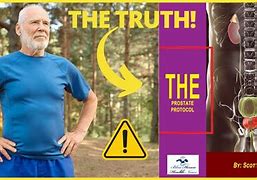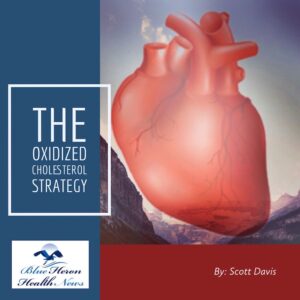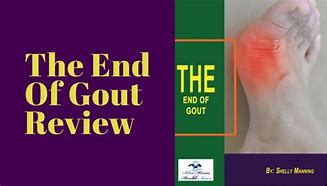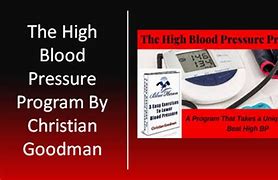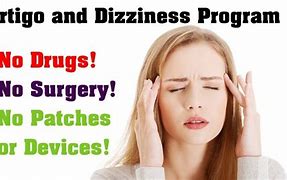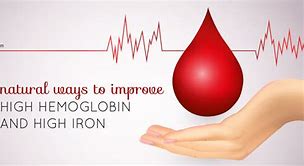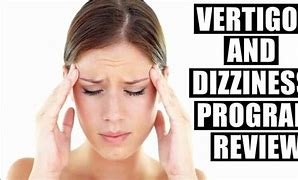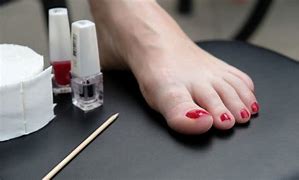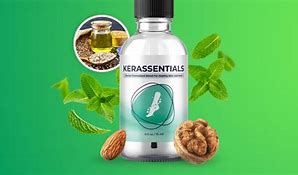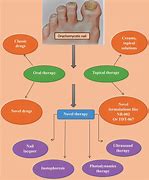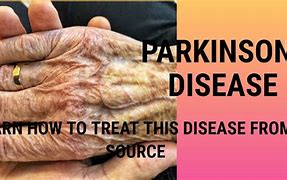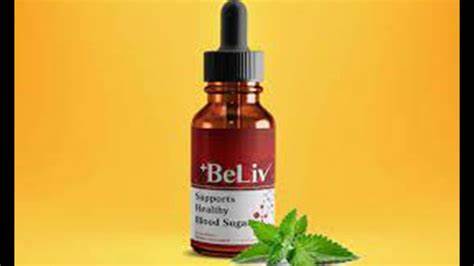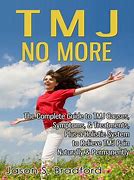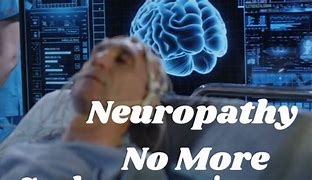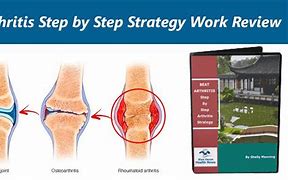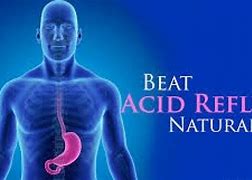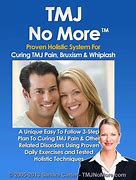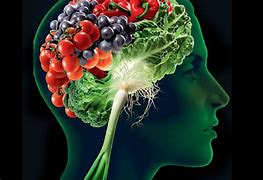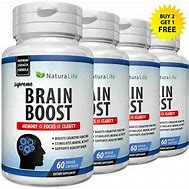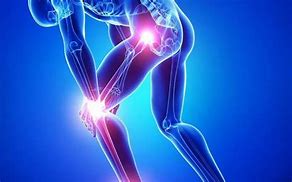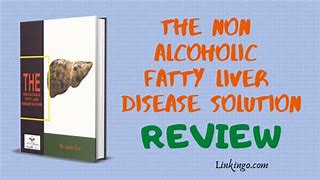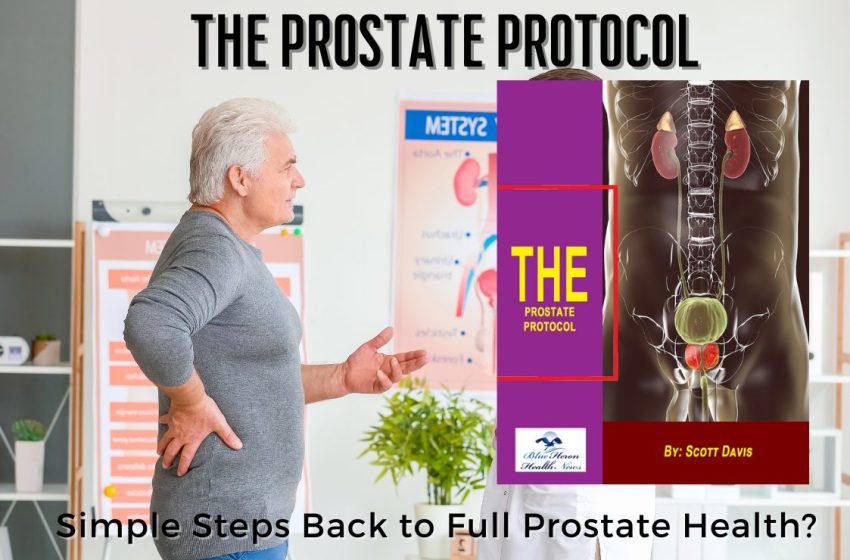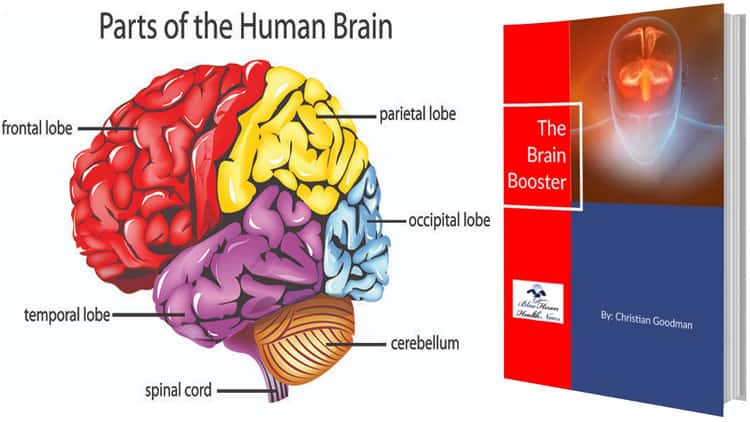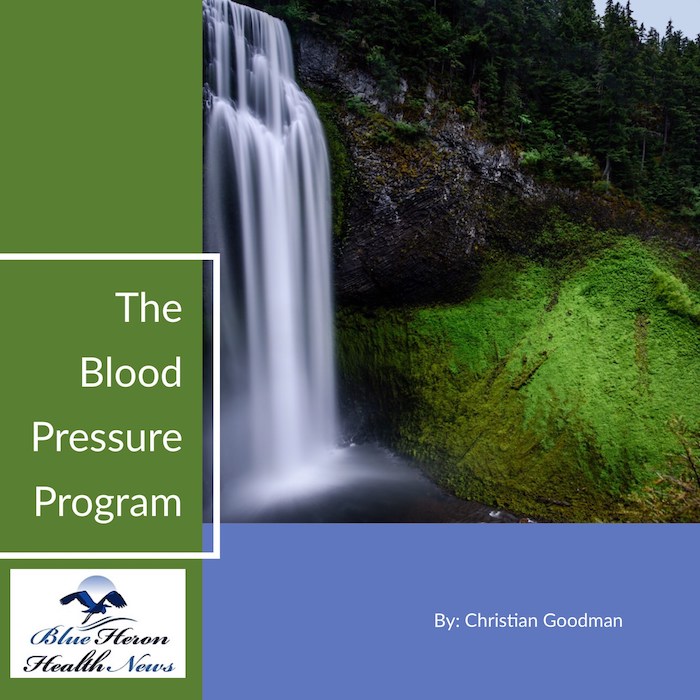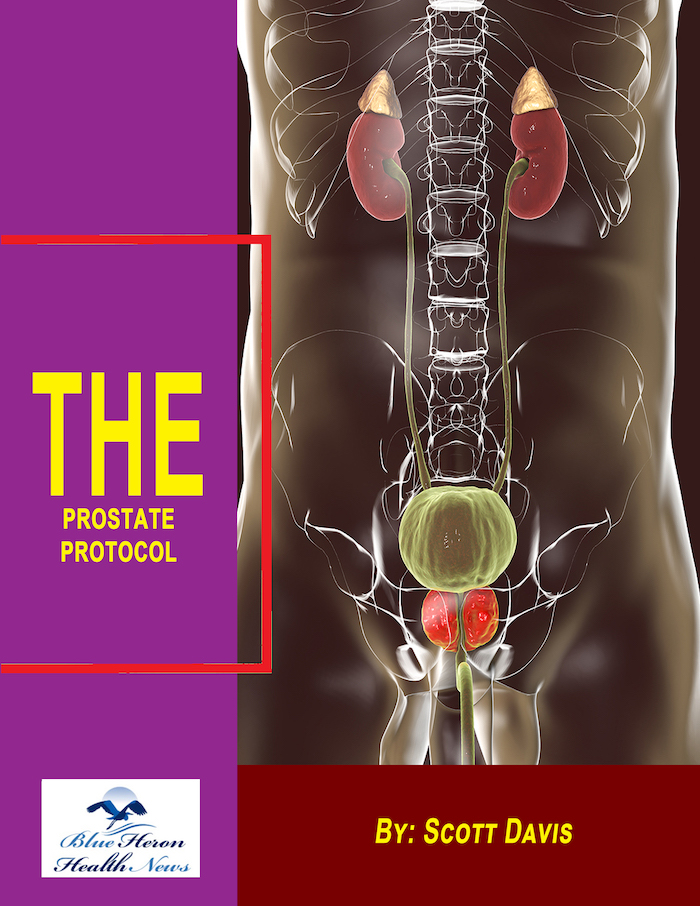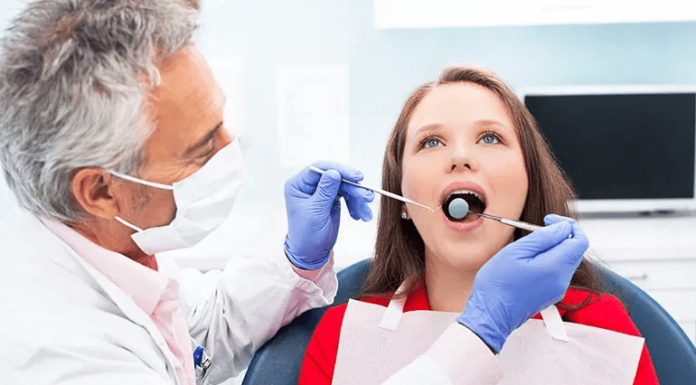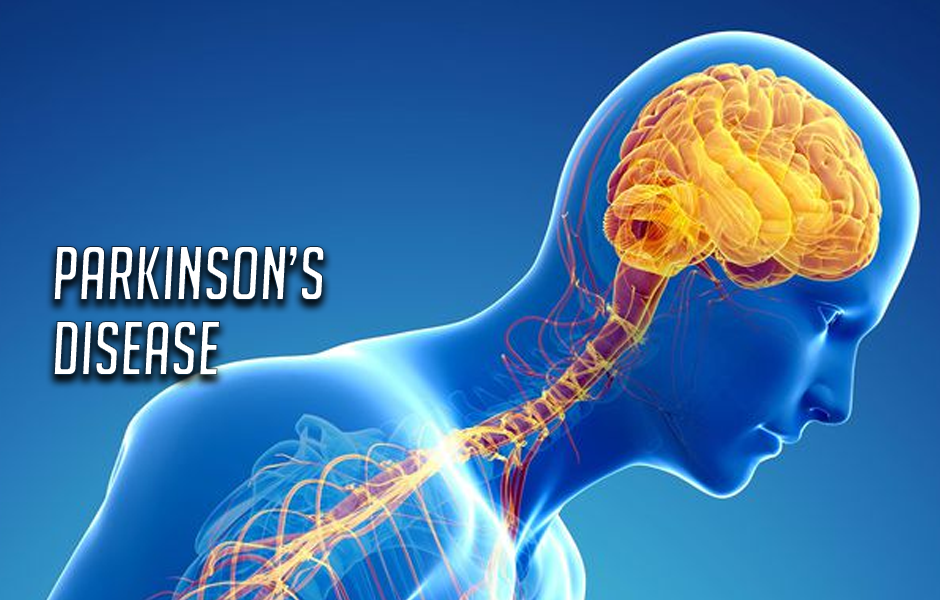What Is The Cause For Acid Reflux?
The Acid Reflux Strategy | Cure Acid Reflux Naturally!
Acid Reflux Strategy – Cure Acid Reflux Naturally Without Drugs And Side Effects!
Acid Reflux is a a digestive disease in which stomach acid or bile irritates the food pipe lining. This is a chronic disease that occurs when stomach acid or bile flows into the food pipe and irritates the lining.
In fact, up to 28% of adults in North America experience gastroesophageal reflux disease (GERD), a common condition that causes heartburn. GERD occurs when acid is pushed up from the stomach back into the esophagus, which leads to the heartburn sensation.
Acid reflux and heartburn more than twice a week may indicate Gastroesophageal reflux disease or GERD.
Acid Reflux Symptoms
Symptoms include burning pain in the chest that usually occurs after eating and worsens when lying down. Relief from lifestyle changes and over-the-counter medication is usually temporary. Stronger medication may be required.
following are common symptoms:
-
A burning sensation in your chest (heartburn), usually after eating, which might be worse at night.
-
Chest pain.
-
Difficulty swallowing.
-
Regurgitation of food or sour liquid.
-
Sensation of a lump in your throat.
What Is The Cause For Acid Reflux?
Acid reflux is caused by weakness or relaxation of the lower esophageal sphincter (valve). Normally this valve closes tightly after food enters your stomach. If it relaxes when it shouldn’t, your stomach contents rise back up into the esophagus. Stomach acids flow back up into the esophagus, causing reflux.
What Are The 4 Types Of Acid Reflux?
The Four Stages of GERD and Treatment Options
-
Stage 1: Mild GERD. Patients experience mild symptoms once or twice a month.
-
Stage 2: Moderate GERD.
-
Stage 3: Severe GERD.
-
Stage 4: Reflux induced precancerous lesions or esophageal cancer.
Can Acid Reflux Heal Itself?
GERD is a potentially serious condition, and it will not go away on its own. Untreated GERD can lead to inflammation of the esophagus and cause complications like ulcers, strictures and increased risk of Barrett’s esophagus, which is a precursor to esophageal cancer.
How Can I Relieve Acid Reflux?
Although people often use medications to treat acid reflux and heartburn, many lifestyle modifications can also help you reduce symptoms and improve your quality of life.
You can try to:
-
Maintain a healthy weight.
-
Stop smoking.
-
Elevate the head of your bed.
-
Don’t lie down after a meal.
-
Eat food slowly and chew thoroughly.
-
Avoid foods and drinks that trigger reflux.
-
Avoid tight-fitting clothing.
How Do You Cure Acid Reflux Fast?
Here are some quick tips to get rid of heartburn, including:
-
Sleep on your left side.
-
Eat dinner earlier.
-
Eat smaller, more frequent meals.
-
Maintain a moderate weight
-
Follow a low carb diet
-
Opt for cooked onions instead of raw
-
Limit your alcohol intake
-
Wearing loose clothing.
-
Standing up straight.
-
Elevating your upper body.
-
Mixing baking soda with water.
-
Limit your intake of carbonated beverages
-
Don’t drink too much coffee
-
Don’t drink too much citrus juice
-
Trying ginger.
-
Taking licorice supplements.
-
Sipping apple cider vinegar.
-
Chewing gum to help dilute acid.
-
Avoid mint, if needed
-
Limit high fat foods
Acid Reflux Treatments
Gastroesophageal reflux disease (GERD) is a condition where acid in the stomach flows back into the esophagus causing irritation of its lining. Symptoms can include burning in the chest, chest pain, regurgitation of food into the mouth, and difficulty swallowing. Even though this disorder can be painful and irritating, it can be effectively controlled. This is by over-the-counter medications or by prescription medications prescribed by your Gastroenterologist. This is in addition to making lifestyle changes. The following are some of the most effective treatments available to manage the symptoms and discomfort.
Acid reflux treatment consists of self care and antacids.
The Most Effective Treatments for Acid Reflux are:
1. Over-the-counter medications:
-
Antacids-These medications help to neutralize the stomach acid and include Mylanta, Tums, and Rolaids. They are one of the first recommended treatments. They can provide quick relief, but they don’t heal the esophagus if the lining is damaged. Overuse can cause problems such as diarrhea or chronic kidney disease, especially those containing aluminum and magnesium.
-
H-2 Receptor Blockers-These medications work to decrease the amount of acid that is made in the stomach. While they do not work as quickly as the antacids, they provide longer relief for up to 12 hours. Examples of these include Pepcid AC, Tagamet HB, Zantac, and Axid AR.
-
Proton Pump Inhibitors- This class of medications blocks acid production. It also helps to heal any damage caused to the lining of the esophagus. They are much stronger than the H-2 receptor blockers and include Prevacid, Prilosec, and Zegerid.
2. Prescription-strength medications:
-
H-2 Receptor Blocker s- These are prescription-strength versions of the over-the-counter medications Pepcid, Axid, and Zantac. Although most people have no problems taking them, long-term use can cause vitamin B12 deficiency. As well as an increased risk of bone fractures.
-
Proton Pump Inhibitors (PPI) – As with the H-2 receptor blockers, this is the prescription-strength form. It includes Prevacid, Prilosec, Zegerid, and Protonix. Chronic use of these medications can cause diarrhea and nausea. This is in addition to vitamin B12 deficiency and increased risk of bone fractures.
-
Baclofen – This medication works to strengthen the lower esophageal sphincter muscle; however, it can cause nausea and fatigue in some people.
3. Lifestyle Changes:
While diet doesn’t cause GERD, certain foods can aggravate the symptoms. Specific foods vary from person-to-person. Many people find that chocolate and foods that are high in fat are particularly troublesome. Alcohol and other drinks such as coffee, soda, citrus can cause excess acid production increasing GERD symptoms. In order to find out if certain foods aggravate your symptoms, eliminate one at a time to see if symptoms improve.
Another factor that may play an important part in GERD is the positioning of the body after eating, especially a large meal. Lying down after eating may cause food to back up into the esophagus causing heartburn and indigestion. If you find this is the case for you, try to eat at least three hours before going to bed or lying down and don’t have an after-dinner snack. It may also help to make the major meal of the day at lunchtime and have a smaller, more easily digestible meal for dinner.
Obesity also promotes GERD due to excess weight in the abdominal area. Losing even a small amount of weight can make a difference in the symptoms experienced. GERD during pregnancy can occur, especially in the first three months, due to hormones and the pressure of the growing baby on the stomach. If you are a smoker, then quitting may reduce your GERD symptoms since smoking decreases the function of the esophageal muscles. Finally, emotional stress and strong emotions can bring on symptoms of GERD so participating in a stress-relief program such as mindfulness or meditation may ease the symptoms.
What Is The Best Natural Remedy For Acid Reflux?
Home remedies to relieve heartburn, also called acid reflux, include:
-
Apple cider vinegar. (Warning: Apple cider vinegar works for some, but makes it worse for others)
-
Probiotics.
-
Chewing gum.
-
Aloe Vera juice.
-
Bananas.
-
Peppermint.
-
Baking soda.

